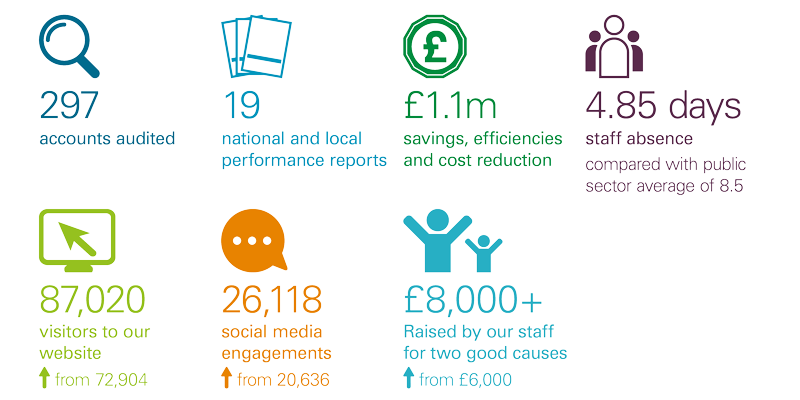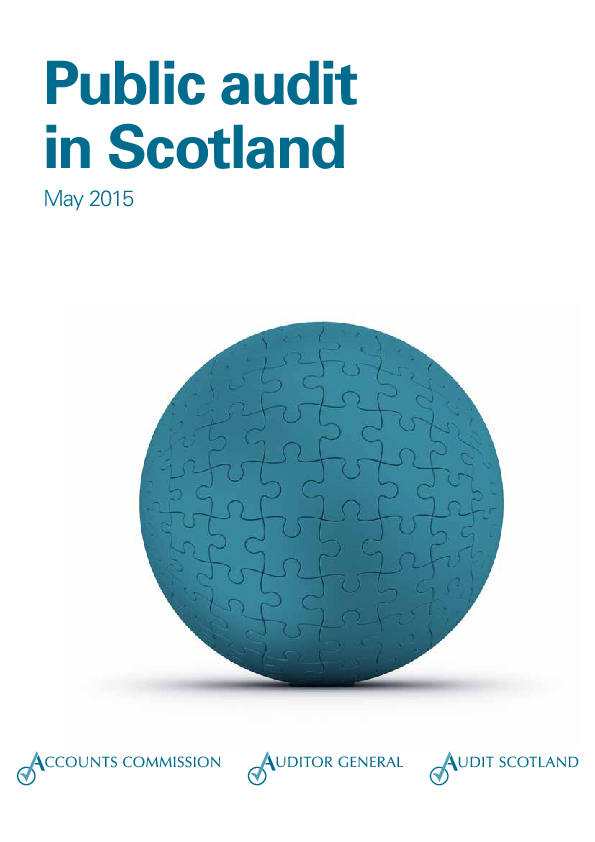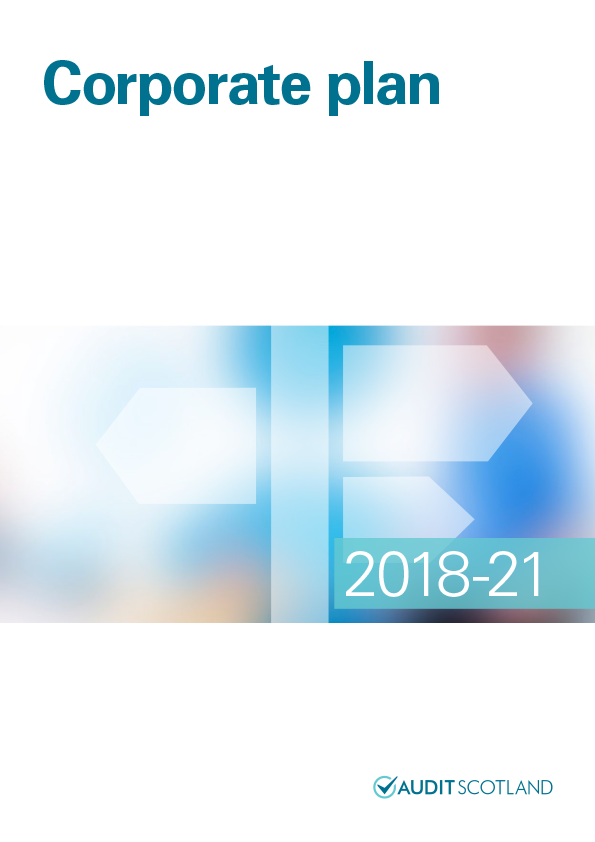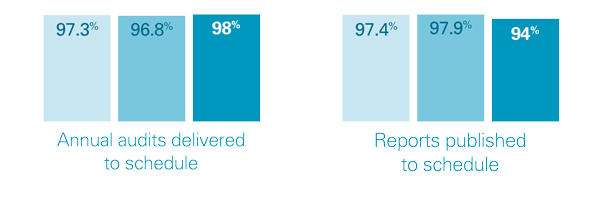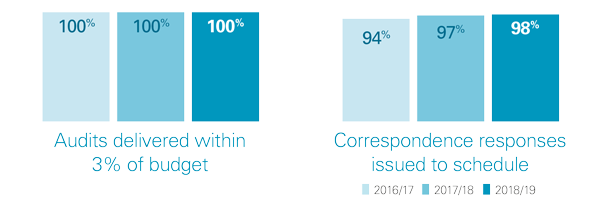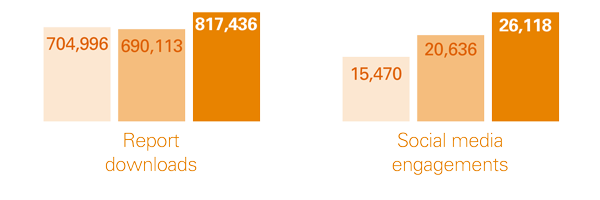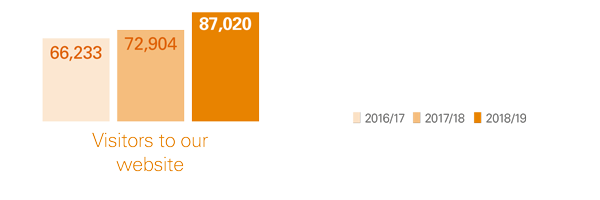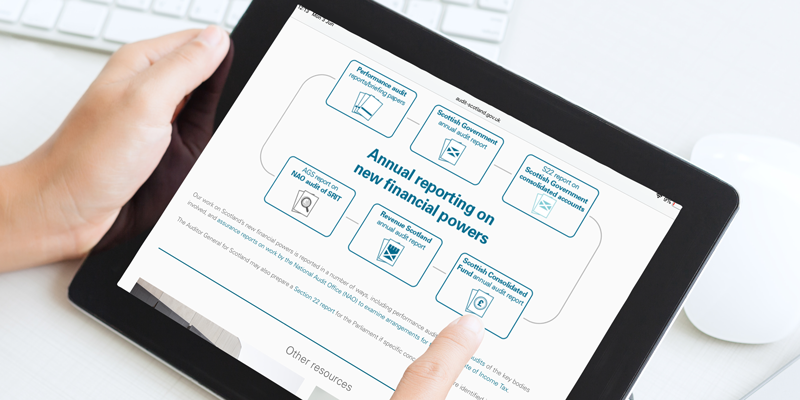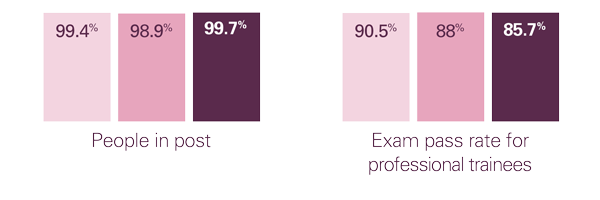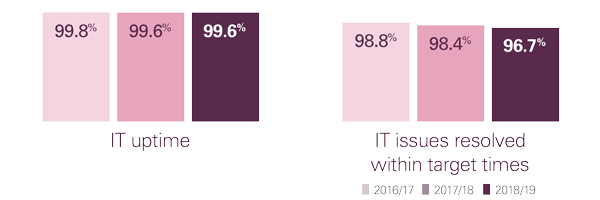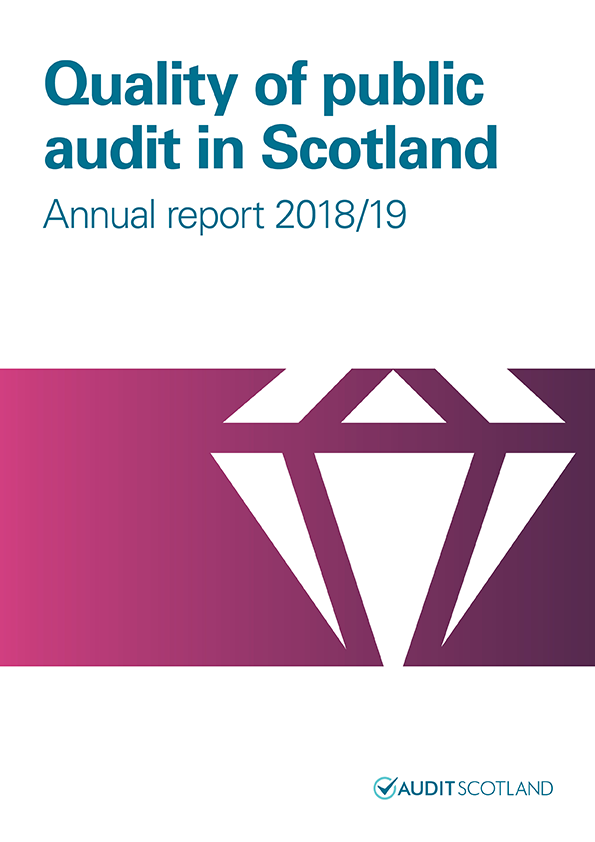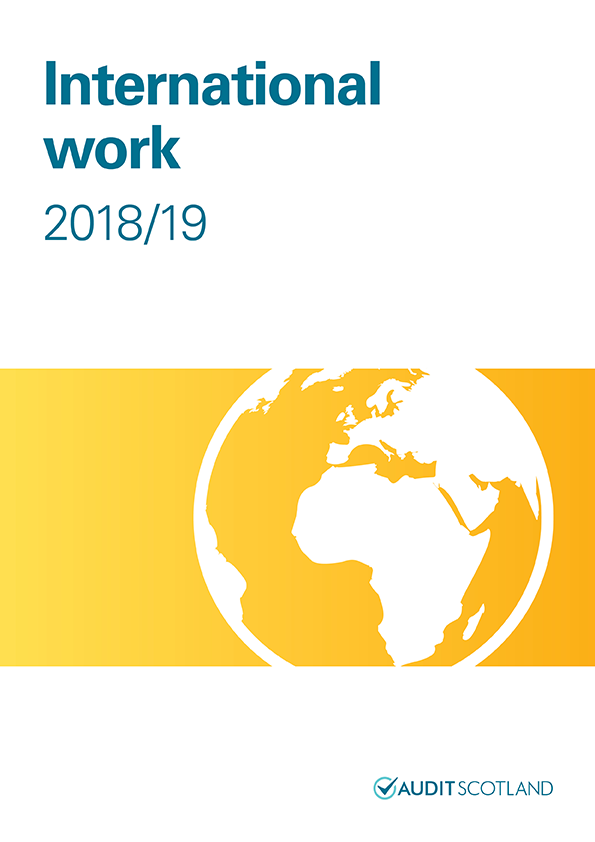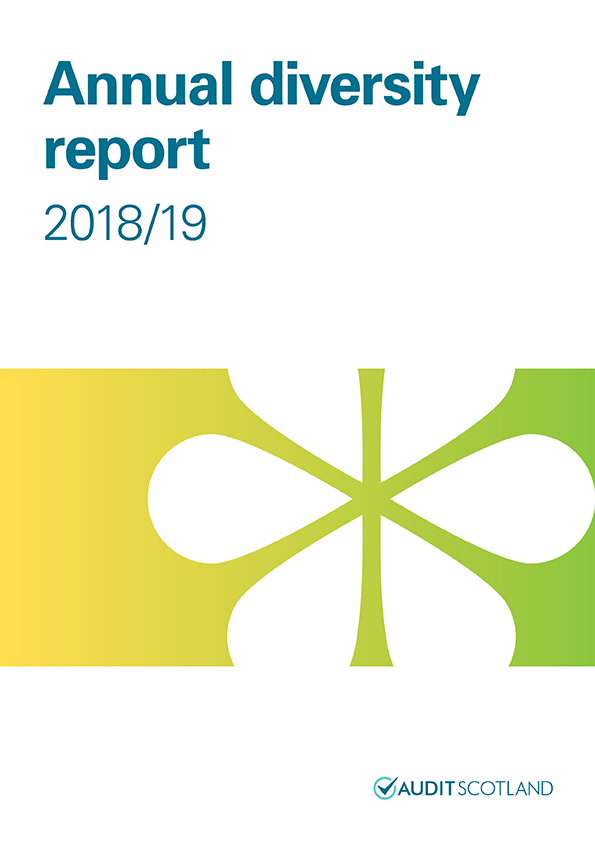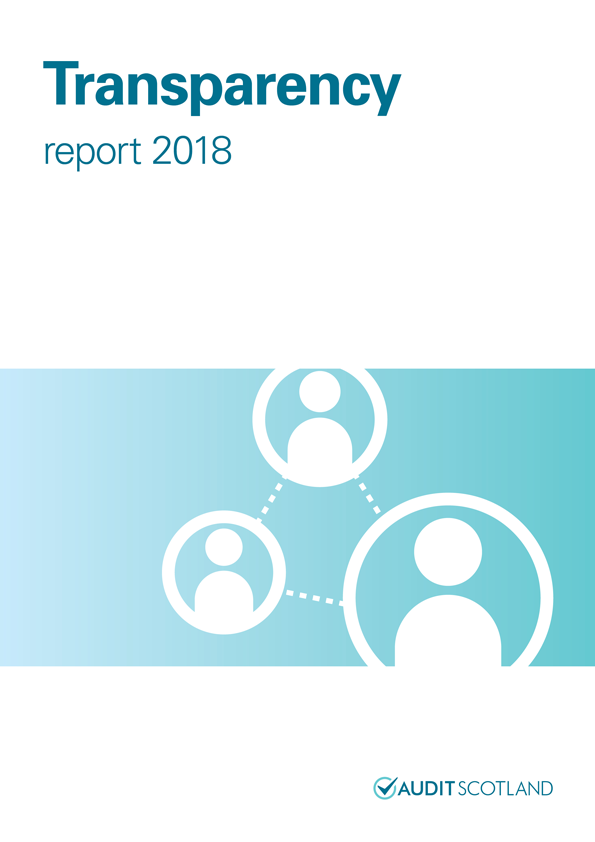Annual report 2018/19
Annual report 2018/19
Highlights from the annual report: 297 accounts audited; 19 performance audits; £1.1 million savings, efficiencies and cost reduction; 4.85 days staff absence compared with public sector average of 8.5; 87,020 visitors to our website up from 72,904; 26,118 social media engagements up from 20,636; £8000+ raised by our staff for two good causes up from £6000
Welcome and overview

It is important people have assurance that public money is being spent wisely and services are as efficient as they can be.
Ian Leitch CBE
Chair of the Audit Scotland Board
Read more from Ian Leitch...
There is no doubt that this has been a very turbulent year for Scotland’s public bodies.
The devolution of taxation and social security powers, tight finances, increasing demands on public services and the major uncertainty around the UK’s withdrawal from the EU, have created a very challenging and complex environment for public bodies and the wider economy in Scotland.
It is important that people have assurance that public money is being spent wisely and that services are as efficient and effective as they can be. Audit Scotland has a key role in this. We are able to consider and highlight the big issues facing Scotland as well as providing a unique view across all of the country’s public services.
Our role as a board is to ensure Audit Scotland is well managed, looks to the future and delivers high-quality audit and scrutiny of the services that affect the daily lives of people in Scotland. Audit Scotland exists to support the Auditor General and the Accounts Commission to provide independent assurance to the people of Scotland that public money is spent properly and provides value for money. Our board must be satisfied that the organisation itself also makes the best use of public money.
During the past year, Audit Scotland has reported on issues of major public importance, ranging from the state of child and adolescent mental health services to the building of the Queensferry Crossing to the key issues facing local government, while also reporting on the accounts and management of public bodies across the country.
The board met eight times during the year and our meetings are open to the public. We also met with the Scottish Commission for Public Audit, who scrutinise our performance and financial management.
I am very grateful for the continued support of fellow board members. I would like to thank Caroline Gardner as Auditor General, Diane McGiffen our Chief Operating Officer, and the skilled and competent staff at Audit Scotland for all their hard work and contributions over the past year.
The independence, quality and timeliness of audit performed in the public interest is essential.
Caroline Gardner
Accountable Officer
Read more from Caroline Gardner...
In more than two decades of working in public audit in Scotland, I cannot recall a year when public services have experienced such pressure and uncertainty. Public bodies are having to cope with static or shrinking budgets at a time when demands increase and expectations continue to rise.
For Scotland’s public sector, this is combined with the devolution of significant powers around taxation and social security, and the rapidly changing picture of the UK’s withdrawal from the EU.
Audit provides politicians, decision-makers and the public with the information and assurance they need about how well public services are run and how public money is spent. In recent years I have commented on the importance of this in times of uncertainty and change. Given the circumstances Scotland’s public bodies currently operate in and in a time of ‘fake news’ when people are unclear what they can trust, I would argue that the independence, quality and timeliness of audit performed in the public interest is essential.
In the past year, we have worked to provide clarity around complex issues such as devolved powers and EU withdrawal, as well as highlight the pressures public bodies are under and the impact these are having on their financial management.
In Scotland we have a distinctive public sector audit model that safeguards independence, objectivity and quality. It has been a year in which questions have been asked about the audit profession in the UK, and we have been clear about assuring the public about the robustness of public audit in Scotland. We take nothing for granted and we will continue to review what we do and identify improvements, to make sure we are providing the robust and vital service that Scotland’s people rely on.
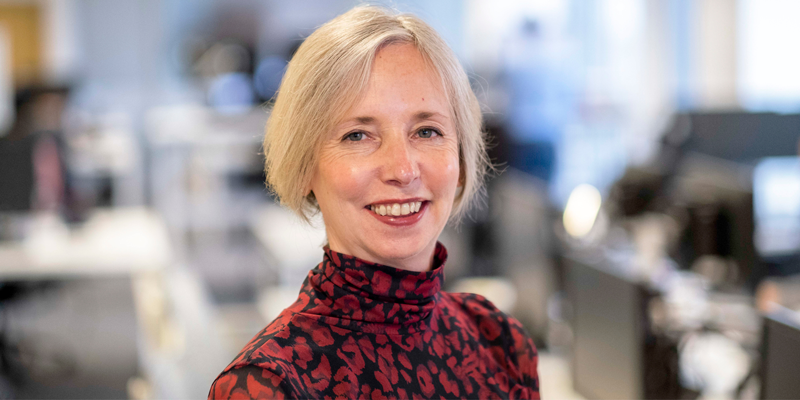
Our year
Our vision is to be a world-class audit organisation that improves the use of public money.
Our work is guided by our framework, Public audit in Scotland, is focused on the priorities identified by the Auditor General and the Accounts Commission and is underpinned by our assessment of issues and risks.
Our Corporate plan 2018–21 details our strategic objectives for the next three years and charts progress over the course of the past three years. Our three strategic priorities for 2018/19 were:
- Delivering world-class audit
- Making a difference
- Being a better organisation
Delivering world-class audit
Public audit in Scotland


It’s essential that people can trust that public money from the taxes they pay is being spent properly and wisely.
Scotland has a distinctive model of public audit that ensures independence of auditors and enhances the quality and scope of their work.
The Auditor General and the Accounts Commission set the framework through the code of audit practice 2016, and they appoint the auditors for each public body in Scotland.
We use a mix of Audit Scotland teams and private firms to carry out public sector audits, ensuring we have capacity to cover the whole public sector and share best practice. Find out more in our annual report.
Our work
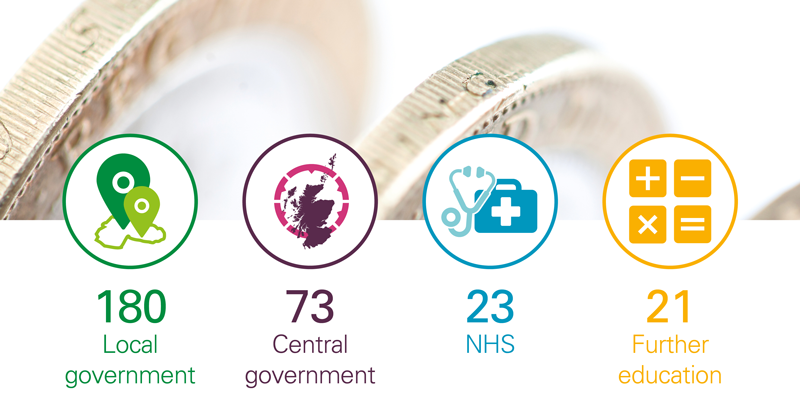
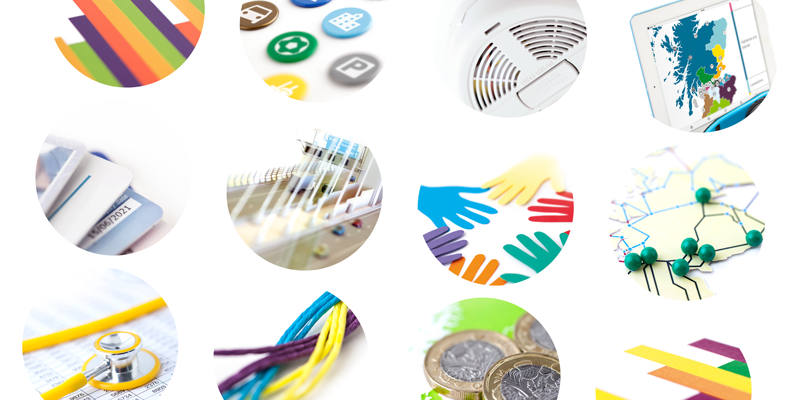
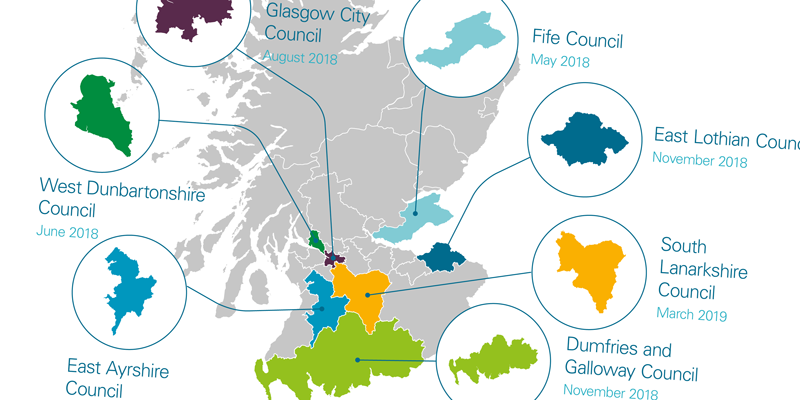
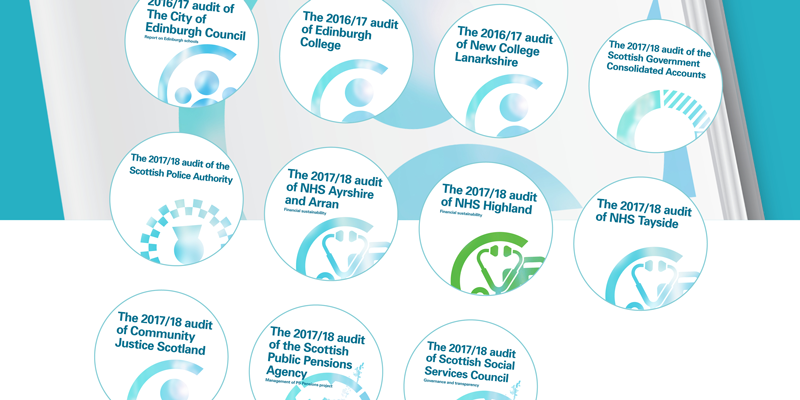
Making a difference
Auditing in a changing environment

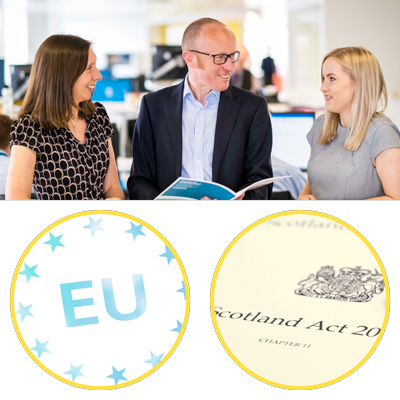
Scotland’s public sector has responded to major new powers and fiscal responsibilities and to uncertainty over the UK's relationship with Europe.
In response to new tax and spending powers in Scotland, we created a New Financial Powers team and produced a series of reports looking at progress explaining the new landscape.
The UK’s planned withdrawal from the EU has major implications for Scotland's public bodies and our briefing published in October 2018 set these out. Find out more in our annual report.
Being a better organisation
Our people


Audit Scotland’s strength comes from the people who work here.
In December, we were ranked in the Sunday Times top 100 not-for-profit places to work.
We are proud to have varied perspectives provided by colleagues drawn from numerous professional backgrounds, more than a dozen nationalities and ethnic groups, and all ages and educational backgrounds.
In 2019, we adopted the Scottish Association for Mental Health as our corporate charity and started work with LGBT Scotland, ethnicjobsite.com and Disability Alliance to make our recruitment processes more accessible and representative. Read more about our people in our annual report.
Accountability report
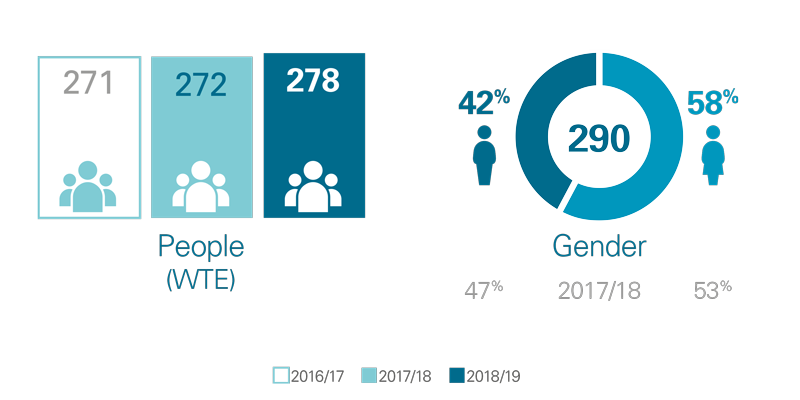
People: 278 (272 2017/18, 271 2016/17); Gender: 42% male (47% 2017/18) 58% female (53% 2017/18);
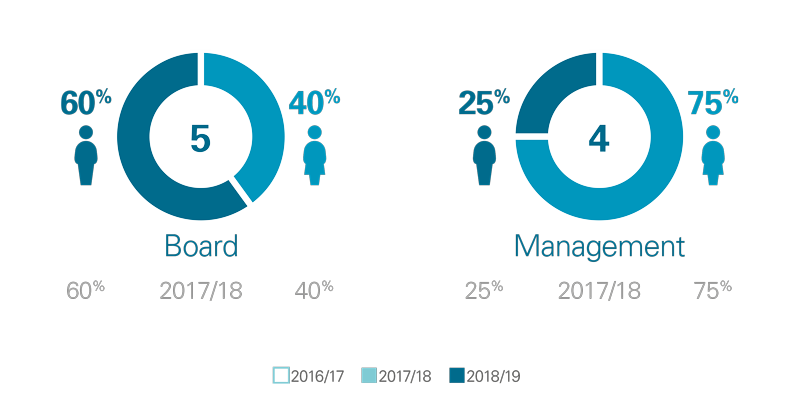
Board: 60% male (60% 2017/18) 40% female (40% 2017/18); Management: 25% male (25% 2017/18) 75% female (75% 2017/18);
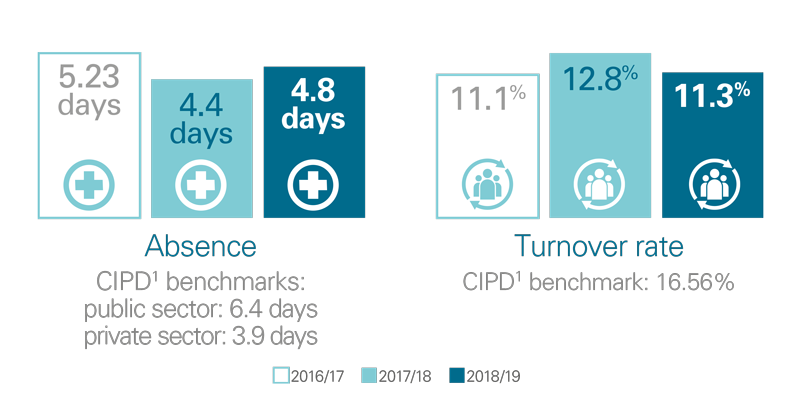
Absence: 4.8 days (4.4 2017/18, 5.23 2016/17) CIPD benchmarks - public sector 6.4 days, private sector 3.9 days; Turnover rate: 11.3% (12.8% 2017/18, 11.1% 2016/17) CIPD benchmark 16.56%;
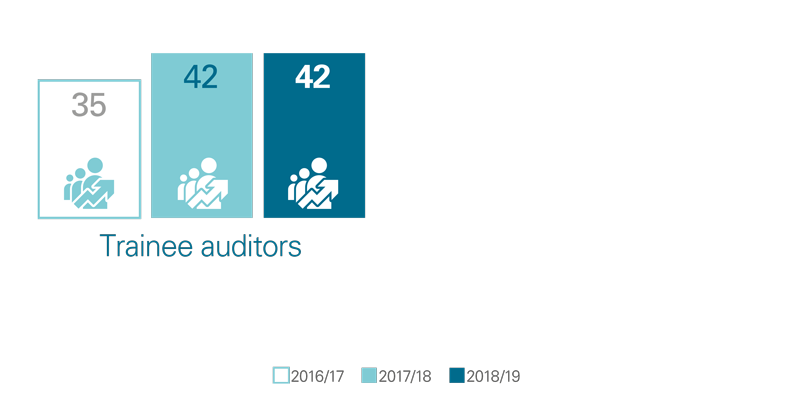
Trainee auditors: 42 (42 2017/18, 35 2016/17);
Financial statement
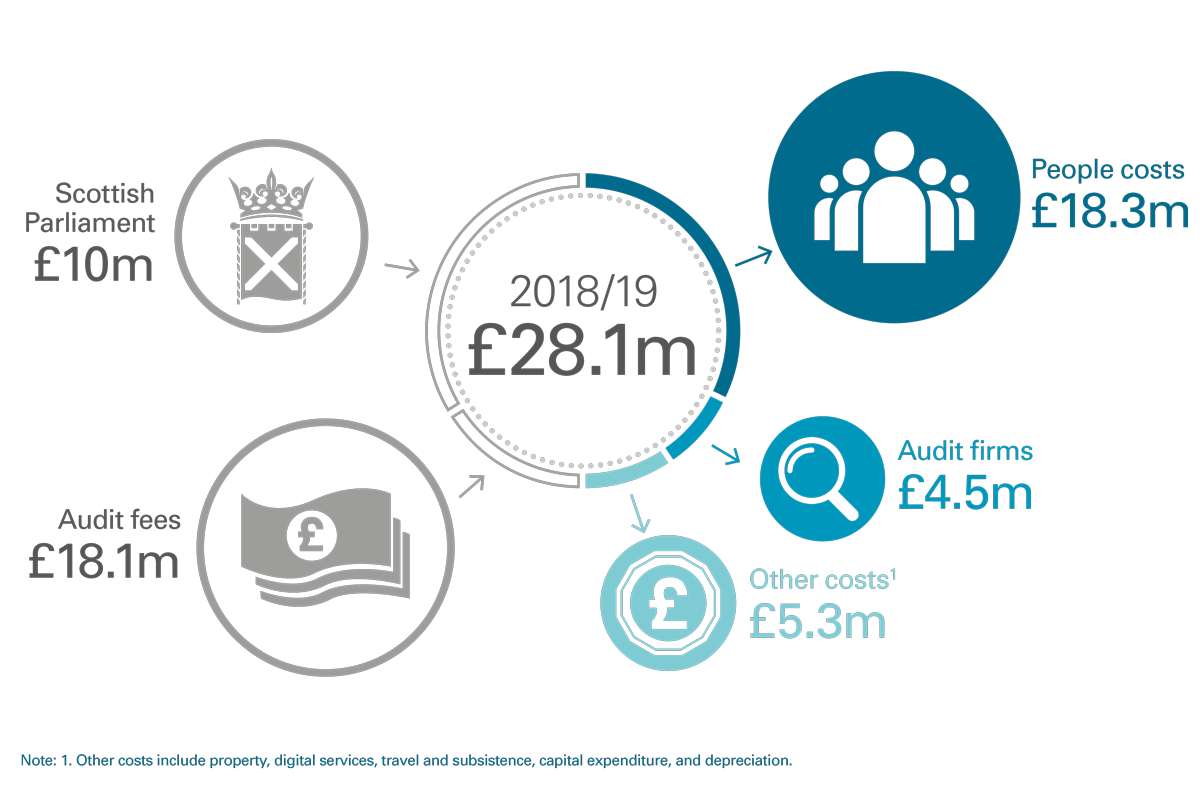
Income £ 28.1 million: made up of £10 from Scottish Parliament and £18.1 audit fees.
Expenditure: £18.3 people costs, £4.5 audit firms, £ 5.3 other costs including property, digital services, travel and subsistence, capital expenditure and depreciation
